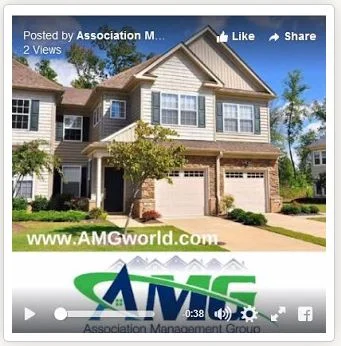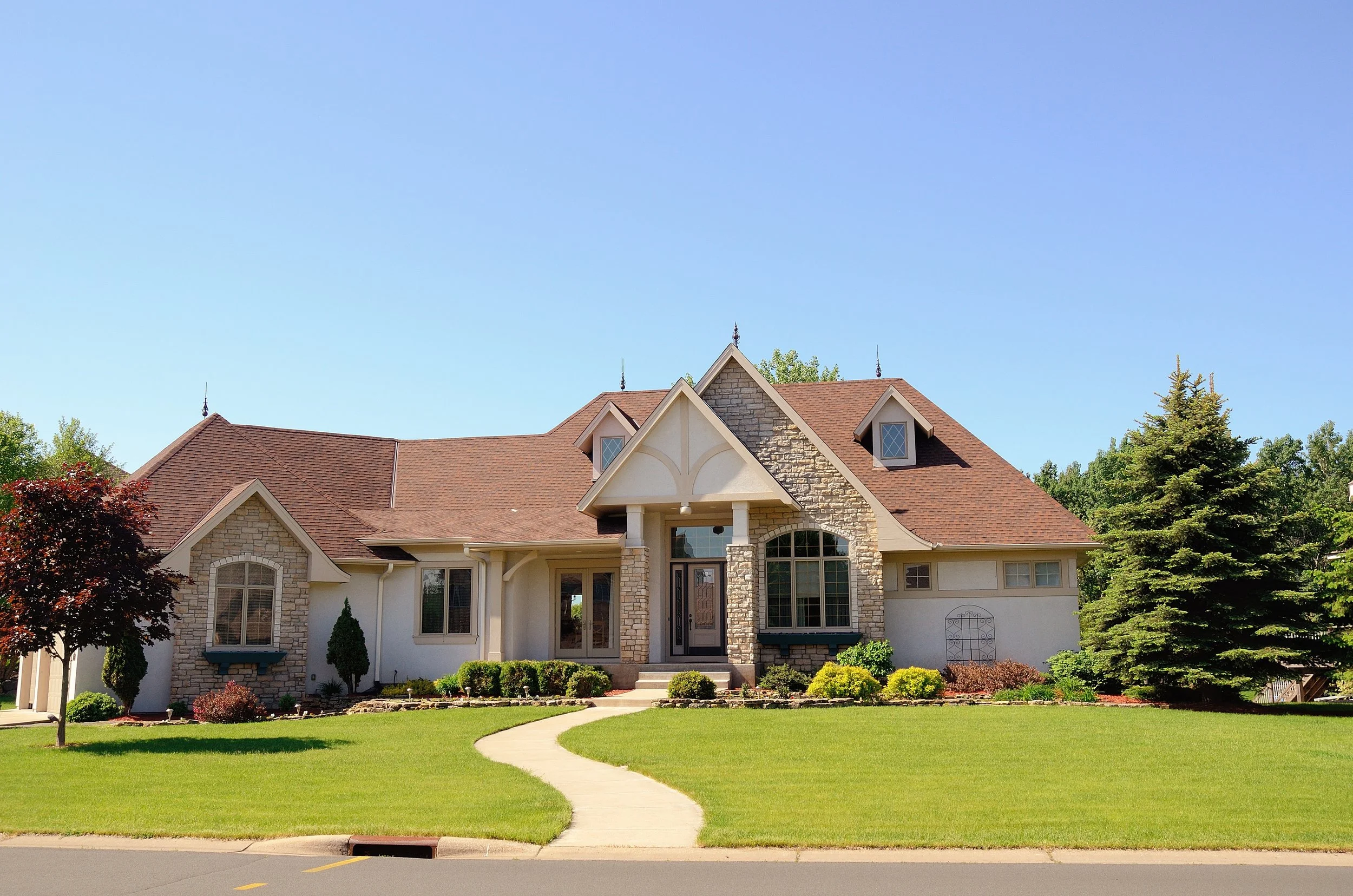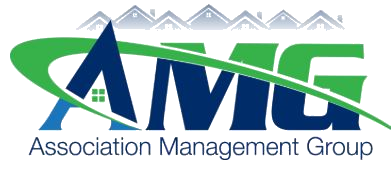Great curb appeal not only makes your home the star of the neighborhood, it can also improve its value and help you sell it for more. Whether you’re thinking of listing your home or just want to make your home the envy of your neighbors, here are several ways to increase your home’s curb appeal.
1. Make your home’s exterior look like new.
For many potential buyers, the condition of the exterior of a home can offer clues to the condition of the interior. The first place to start when boosting curb appeal is the exterior of your house.
Paint. Paint is the best way to make your home appear newer. While you can paint your home yourself, if it’s large or more than one story, consider hiring a professional. Painting is a fairly inexpensive improvement with between 60 to 100 percent return on investment.1
Maintain your siding. Over time, weather and the elements can make your home’s siding appear dull and dirty. Use a pressure washer to clean stains, spider webs and accumulated dirt and grime, or use a soft cloth and a household cleaner to get into those small nooks and spaces. Although the average life expectancy of siding ranges from 60 to 100 years, depending on the material, extreme weather may reduce this number. If you need to replace the siding, you’ll enjoy a 77 percent return on investment.1
Paint or replace garage doors. If your garage doors are in good condition, give them a new coat of paint. If they’re beginning to show their age, consider replacing them. Not only are new garage doors more energy efficient and better insulated than older models, they also have a 91.5 percent return on investment.1
Maintain your fence. Replace rotted or worn posts and panels and freshen it up with a coat of paint. If you have a hedge that serves as your property’s border, keep it trimmed and in good shape.
2. Pay attention to the small details.
The small details tie your home’s exterior together and help it stand out from others in the neighborhood.
Paint front door, trim and shutters. This inexpensive improvement adds brightness to a home, whether you choose a bold color, a neutral tone or classic white.
Install new door fixtures and be sure they match in style and finish and complement the style of your home.
Update your house numbers. Make sure potential buyers and guests can find your home. If the numbers have faded or need an update, replace them. If choosing a metallic finish, make sure it matches the finish of your exterior light fixtures.
3. Tend to your driveway and lawn.
Well-landscaped homes may sell for between 5.5% and 12.7% more than other similar homes and studies show it may also add up to 28 percent to your home’s overall value.5
Place a border along your driveway or walkway made of brick, stone, pavers or another hardscape element to add visual interest to a plain driveway.
Maintain your green space. If you have grass, a well-maintained, green lawn makes your home look inviting and picturesque. However, in many parts of the country, water conservation is becoming more important. Xeriscaped landscapes incorporate drought-tolerant vegetation that thrives in warm, dry climates, such as lavender, sage, wisteria and agave, with water-saving drip irrigation and mulch. Xeriscaping has a cost savings of 36 cents per square foot annually through reduced irrigation and maintenance costs.3 Additionally, these landscapes are virtually maintenance free, which makes it an attractive option for busy buyers
Include trees and shrubs to create texture and add interest to your landscape. Planting a few types of trees and shrubs of varying heights, widths and flowering times boosts your home’s curb appeal year-round.
4. Make it feel inviting.
It’s no secret that emotions play a role in a person’s decision to purchase a home. Stage the outside of your home to evoke warm feelings.
Stage your porch. If you have a front porch, make it feel more inviting by including seating, such as a chair or loveseat, an outdoor rug and a small table. If space is an issue, incorporate small decorative touches, such as a festive wreath or potted plant.
Hang flower boxes on your front porch railings and/or below your windows. If you don’t want to affix flower boxes to your home, purchase nice planters and containers and place them around your porch or on your front steps.
Choose flowers and plants that bloom at different times of the year for year-round appeal. For example, bulbs not only bloom all spring, they also multiply and come up every year. Perennials often flower for most of the year and will prevent you from having to replant them every year.
If you don’t have a green thumb, choose low maintenance plants and flowers. Flowers such as lavender, rosemary, and zinnias are a few low-maintenance and drought-tolerant options.
5. Boost Your Online “Curb Appeal.”
For those interested in selling, it’s important to know the effect online curb appeal has on a home. The better impression your home gives online, the more likely buyers will want to see it in person. Here’s how to get your home ready for its listing debut.
Stage your home. Staging shows your home in its best light and helps potential buyers picture themselves living there.
Hire a professional to take photos. A photographer has the skills and equipment to shoot your home in the best light and make it look its best.
Include a short video tour of the home. Videos are becoming a popular way to give buyers a glimpse of the home before they step foot in it.
Before you start a home project, keep these four things in mind:
1. Why are you renovating? In other words, is your intention to update your home and get it show-ready or do you want to sell it for more money? Don’t fall into the trap of undertaking major renovations that may not pay off when you sell. If your home is in good shape, a few inexpensive updates may be enough to make your home attractive to buyers.
2. The style of the neighborhood. Whenever you renovate your home, make sure the project fits with the style of the neighborhood and rules of the homeowner association. For example, an HOA may limit the choice and number of trees you can plant on your property. Similarly, a tall hedge border may not fit in in a neighborhood of low, picket fences.
3. Permits. If you’re planning an extensive exterior renovation, you may need a permit from your municipality or other authority.
4. Budget. A budget keeps your project’s costs and scope in check. Make a list of the improvements you’d like to make, set a realistic budget and stick to it. If you’d like advice on improvements you can make to boost your home’s curb appeal, give us a call.
Are you thinking of boosting your home’s curb appeal or renovating your home before you list? Do you want help making your home more appealing to potential buyers online and in-person? Give us a call and we’ll help you present your home in its best light.
Sources: 1. Remodeling, 2016 Cost vs Value Report
2. Realtor Mag, September 22, 2016
3. REALTOR.com
4. Houzz, Houzz & Home-U.S., June 2016
5. Houselogic.com





































